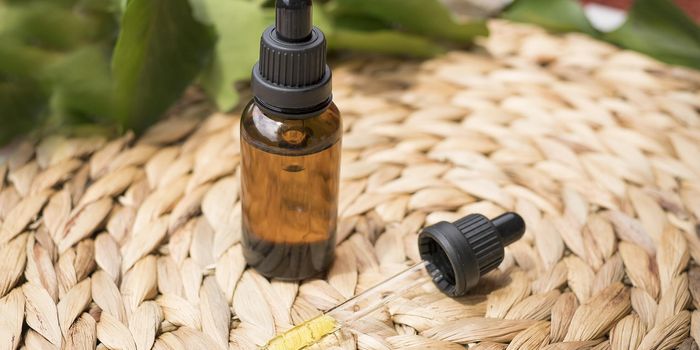When fat-tailed dwarf lemurs hit the hibernate button, they increase their overall longevity.

So suggests a new study by Duke University researchers, who reviewed more than half-a-century's worth of medical records on hundreds of dwarf lemurs and three other lemur species that either do not hibernate or do so only opportunistically.
The researchers found that the longer the animals spent in hibernation the longer they tended to live, and the slower typical aging symptoms presented themselves.
In fact, the team found, the hibernating lemurs lived as much as 10 years longer than other lemur species that did not hibernate.
When a dwarf lemur hibernates, it can take its heartbeat from some 200 beats per minute down to a barely-there 8 beats per minute. Its breathing slows and its internal body temperature rises and falls with that of the air outside instead of remaining steady.
Lemurs do this for classic hibernator reasons: to conserve energy and make it through periods when resources are scarce.
Just how long lemurs hibernate can vary between those in captivity and those in the wild, the scientists said. Earlier this year, the oldest known fat-tailed lemur -- a 29-year-old named Jonas -- died. In the wild, the Duke team said, animals like Jonas form an extreme end of the spectrum, spending up to half of the year in hibernation.
Meanwhile, the researchers said, lemurs in captivity hibernate for at most three months. "But even that seems to confer added longevity," said study co-author Sarah Zehr, a researcher at the Duke Lemur Center.
The hibernators also held typical aging symptoms at bay longer than their always-on cousin lemurs. The researchers observed that while every species they studied developed cataracts and other age-related eye diseases as they got older, hibernating lemurs did not develop such problems until much later in life.
One rationale used by some researchers to explain lemur longevity is that simply hibernating and avoiding predators for X amount of time will, of course, prolong their lives.
"But the fact that we see the same pattern in captivity, where they're protected from predators, suggests that other factors are at work," Zehr said.
The animals' hibernation might also protect cells against the normal buildup of damage that comes with metabolism and breathing, study co-author Marina Blanco noted.
"If your body is not 'working full time,' metabolically-speaking, you will age more slowly and live longer," Blanco said.
The researchers hope their work with lemurs could one day aid in the hunt for genes in humans that forestall aging. Their findings appear in the March issue of the Journal of Zoology.









